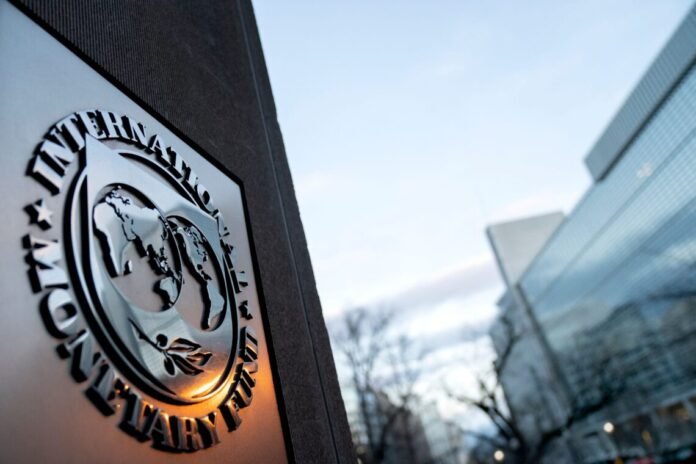Staff Reporter
A global roundtable on debt management emphasized the urgent need for improvements in the sovereign debt restructuring process as low-income countries face increasing debt service challenges.
The discussion took place on Wednesday during the spring meetings of the International Monetary Fund (IMF) and the World Bank, where a new playbook aimed at facilitating these efforts was unveiled.
Formally established in late 2022, the Global Sovereign Debt Roundtable is co-chaired by the IMF, the World Bank, and South Africa, which currently holds the presidency of the Group of 20 (G20).
The roundtable brings together creditors, borrowing nations, private sector leaders, debt specialists, and legal and financial advisors.
The co-chairs noted some advancements in the debt restructuring process, particularly the clarification that countries undergoing restructuring—yet not in arrears to official bilateral creditors—can request a suspension of their debt service payments. This assurance was a key demand from debtor nations.
Ceyla Pazarbasioglu, the IMF’s strategy chief, acknowledged that while risks to debt stability in emerging markets and developing economies are generally contained, uncertainty has “increased very substantially” due to escalating trade tensions.
She pointed to significant challenges for countries with high export exposure to U.S. tariffs, alongside declining commodity prices and tighter financial conditions.
Pazarbasioglu stressed the urgent need to tackle the high debt service burden many countries are facing, a situation that is becoming increasingly critical in the current climate.
The IMF also announced that new U.S. tariffs are expected to push global public debt above pandemic-era levels, nearing 100% of global GDP by the end of the decade. The latest Fiscal Monitor predicts public debt will rise by 2.8 percentage points to 95.1% of global GDP by 2025 and reach 99.6% by 2030.
Continued Efforts for Debt Restructuring
Prior to the COVID-19 pandemic, public debt levels in low-income countries and emerging markets were already elevated and have since stabilized, with a slight decline expected in the medium term.
However, several nations remain particularly vulnerable, facing high interest costs and refinancing needs that limit spending on essential services like education and health.
The co-chairs called for further enhancements to the restructuring process, including improvements to the G20 Common Framework and initiatives to assist countries with sustainable debt facing high service challenges. They emphasized the importance of advancing debt transparency, effective management, and investor relations.
The newly released playbook is designed to be a “user-friendly document” summarizing key steps and processes from recent sovereign debt restructurings.
It is intended to serve as a living document, continuously updated to reflect changing circumstances, with a goal of completing restructurings within a year.
While the playbook is non-binding and acknowledges the unique complexities of each case, it aims to facilitate better outcomes for countries in need.
The roundtable discussions highlighted the necessity for greater transparency and information sharing regarding restructuring agreements, as well as addressing delays in credit rating upgrades post-restructuring.
Pazarbasioglu confirmed that the roundtable has made progress on issues related to non-bonded commercial debt and will continue to focus on ways to expedite processes and enhance transparency and data sharing.

